
800kW 1000KVA Cummins/Perkins/Yuchai MTU Diesel Generators Backup Power Generator For Oil Gas Station

Hot Sale China Factory Price 20kw 25kva Diesel Generator Set Power Water Cooled Diesel Generator Silent Diesel Generators


High Quality Silent Propane LPG LNG CNG Electric Natural Gas Engine Power Generator 80kW 100kVA

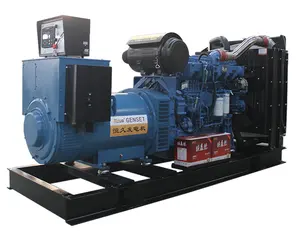
Hot Sale Low Price Yuchai Generator 500 Kw With Cheap Engine For Sale 500kw Super Silent Diesel Generator

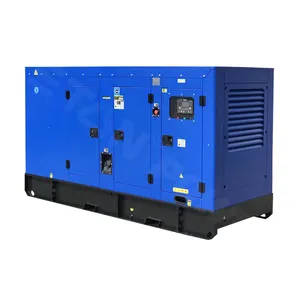
Leton Power Custom 200kva 200KW 300 Kva 400kw Silent Diesel Generator 300kw 400kva 500kva Genset Electric Power Generator


Good Quality High-power 300kW Silent Gasoline LPG Natural Gas Generator 375kVA Water-cooled Gas Generator Set


Weichai Yuchai 6BT Electric Generator Sets Methane CNG LNG Wood Gas Biomass Powered Turbine Waste Heat Recovery for Biogas

Biogas Silent Electricity Generator 100kW Biogas Plant With 100kW Natural gas /LPG /LNG/CNG Generator Price
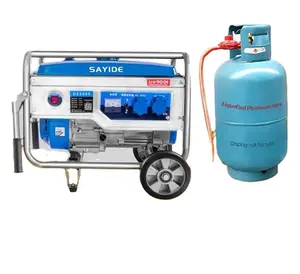
dual fuel inverter generator LPG CNG Biogas Gas Generator biogas sumec fireman generator

200KW Natural gas Power generator biogas/syngas/CNG/LNG methane high efficiency gas Generator for Electric Power Generation

Dual fuel Silent 5kw/10kw/15kw/20kw/30kw/LPG CNG biogas natural gas generators

GNV 3rd generation CNG single point reducer HOT sale at04 regulator cng conversion kit for generator

Multi Fuel 230V AC Single Phase 16HP 7KW 8KW Gasoline CNG LPG Generator
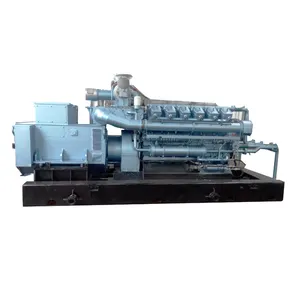
EPA Certification 500kw 200kw 250kw 300kw Gas/Diesel/LPG/CNG/Biogas Cummins Generator Price

Natural gas lpg 2kw ac single single/three phase cng generator Power Value cng generator with ce 1 years for our cng generator

Customized 1MW gas generator set Biogas CNG natural gas 5mw generator set Natural gas generator

AT 04 Kit Gnv CNG Gas Generation 5 Reducer At04 Gas Equipment For Auto Car

CNG Storage Cascade Cylinder for Natural gas LPG CNG generator

syngas 400kw 500kw 600kw 700kw 800kw 900kw 1000kw 1MW CHP silent natural gas biogas gas turbine generator CNG LNG LPG generators
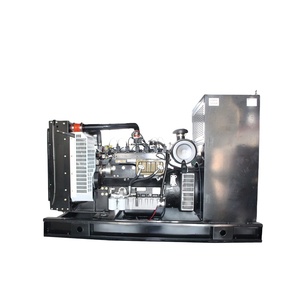
High quality 100kva cng generator prices

ACT cng lpg gas auto ecus del motor fuel system cng kit gas generation 5 lpg N18 obd ecu kits 2 sets price for car parts

Portable 15KW 20KVA 20KW 30KW 3 Phase Dual Fuel Water Cooled CNG LPG Generators

200KW/250KVA CNG generator Natural gas generator gas turbine generator
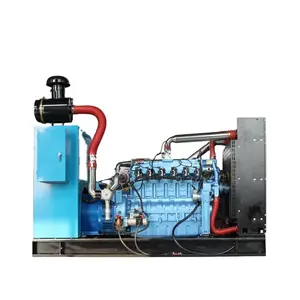
factory outlet .Natural Gas generator 100kw CE certification approved water-cooled turbocharged LNG CNG generators set
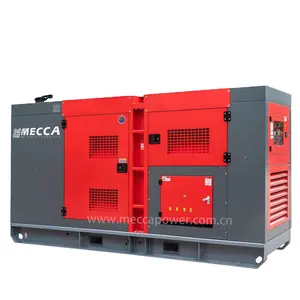
Cummins Natural Gas Power Generation 150kw 200kw Biogas CNG LNG LPG Natural Gas Generator With Good Price

Europe Electric Power CNG 200kw natural gas generator

Jet Power 25kw 30kva LPG CNG Gas Generator 20kva Natural Gas Generators for Home
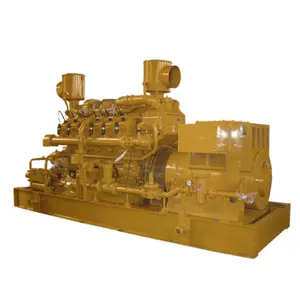
400kw 500kw 600kw Silent Soundproof CNG LNG Natural Gas Generator

High quality 120KW CNG/LPG gas Generator equipment methane gas turbine generators for sale

500KW gas generator Jenbacher methane gas generator for factory CNG station oilfield

400kw 500kw 600kw Silent Soundproof CNG LNG Natural Gas Generator

Generator gasoline carburetor Carb fits H GX360 GX390 GX420 188F Gasoline CNG/LPG Generator 13HP 11HP Engine Motor

CE/ISO Certificate Three Phases 20kva 40kva 80kva 120kva NG/CNG Gas Generator with Powerful Engine

10m (10x1MW)LNG CNG Gas cogeneration natural gas Generator

Factory sales Natural gas Turbine generator10kw 20kw 30kw 50kw 100kw 200kw 300kw 500kw 1000KW kva LPG CNG biogas generator

500kw 1000kw Natural Gas Generator Biogas CNG Generators

FC cng lpg kit gas generation 3 efi motorcycle conversion kit cng carburetor efi conversion gnv auto car kit for used car
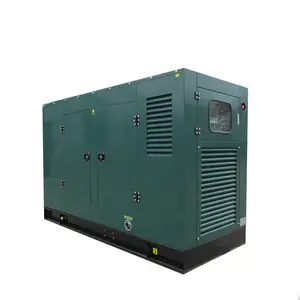
Mobile 30kw 40kva gas generator CNG generator with trailer
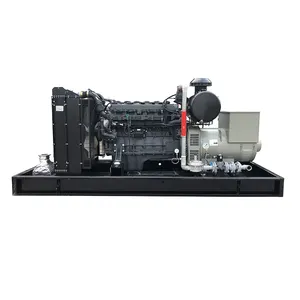




























 浙公网安备 33010002000092号
浙公网安备 33010002000092号 浙B2-20120091-4
浙B2-20120091-4